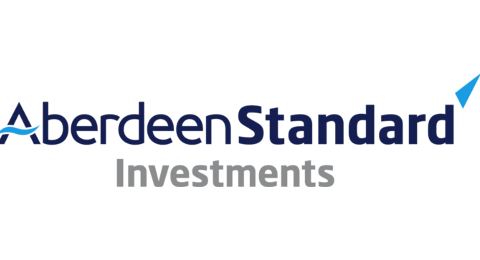Moving beyond a mere ethical consideration, sustainability is fast becoming an important part of investment appraisal, say Dan Grandage and Coert Zachariasse
A few years ago, sustainability might have been seen by many real estate investors as lurking on the fringes of the Wild West, only promoted by a hard core of eccentric pioneers. Today, subsumed under the broader umbrella of environmental, social and governance (ESG), it has become critical.
Sustainable investing goes beyond purely ethical or moral considerations. Increasingly, it is rooted in hard-headed business planning and is fast becoming an integral part of investment appraisal. Like other traditional issues, such as portfolio spread, geographic and sector diversification, ESG has entered the realm of investment risk analysis.
Three key factors seem to have pushed the ESG issue up the agenda over the past decade: transparency, regulation, and market dynamics. Each of these has exerted a major influence on the way investors, developers, owners and occupiers think about how buildings are financed, constructed and managed.
Transparency accounts for much of the shift in attitude. Powered by technology and social media, mass activism is influencing how brands and businesses behave, including owners and managers of real estate.
It is the same for occupiers of, and investors, in, commercial property. Perhaps even more so, given that real estate is responsible for 40% of all waste in the EU, 60% of all greenhouse gasses and about 40% of energy use globally. From an investment point of view, these figures point clearly to the fact that external costs will be driven inwards.
Regulation is an inescapable factor. The Paris Agreement has set the tone with a tough goal to keep the rise in global temperatures below 2°C for the remainder of this century, while attempting to limit it to 1.5°C. The scale of this challenge is unprecedented. Ignoring it could mean global adaptation costs of up to $500bn (€424bn) by 2050. Up to 45% of the value of global investment portfolios is vulnerable to climate-related risk.
In the Netherlands, for example, commercial property owners will no longer be allowed to rent space that does not reach a minimum energy efficiency rating of ‘C’ by 2023.
In England and Wales, standards announced in 2010, which came into force this April, prohibit the leasing of any space that falls below an ‘E’ rating. Inevitably, these standards will become more stringent.
Banks will not lend against assets that fail to conform the Paris Agreement and/or to meet UN Development Goals.
As for market dynamics, all businesses, including real estate investors, need to react to shareholder demands – and shareholders do not like risk.
It has not always been easy to prove the business case for adopting a sustainable approach to building and running commercial real estate assets. But, in the future, there will be nowhere to hide. The experiences of Aberdeen Standard Investments and Delta Development Group may prove instructive.
We have a shared interest in Park 20/20, one of the leading business parks in the Netherlands and a good example of the benefits of the circular economy.
Park 20/20 near Amsterdam’s Schiphol Airport was designed using the unique cradle-to-cradle philosophy, which aims to eliminate waste and close cycles for materials, water and energy. The building incorporates certified materials; a re-usable structural frame (the building is in fact designed entirely for disassembly); onsite water treatment; and renewable energy generation, which delivers no more than the now mandatory 45 watts per square metre of output.
It is also designed to enhance the health and wellbeing of occupiers – incorporating high levels of natural light, connections with nature, active design, and fresh air – the result of which is measurable higher productivity.
The tracked performance of buildings at Park 20/20 – including the Bluewater building which Aberdeen Standard Investments has owned since 2014 – provides the elusive business case for sustainable development.
There is a direct link between the design ethos and the numbers:
• 18% reduction in initial construction costs;
• 70-80% uplift in rental value – rents at Park 20/20 are 29% higher than nearby conventional offices;
• 23% return on the sale of the first phase of the development.
Another example of ESG policy in action is Aberdeen Standard Investments’ industrial site in Edomonton, north-east London. It is Biffa Waste Services’ main waste recycling plant in London. A significant investment in 1,000 solar panels aims to provide 225,000 kilowatt hours of electricity and reduce CO2 emissions by 120 tonnes each year.
Again, the financial outcomes are interesting reading. The project is expected to generate £280,000 (€317,344) of savings for the occupier and £575,000 of net profit for us as landlord over the next two decades.
The point is that, now more than ever, there is a real need to prove the financial value of ESG beyond the undisputed advantages it has for the long-term health and wellbeing of people and the planet.
Those in the vanguard of ESG have gained a small advantage, and late adopters will need to move quickly to keep up. Investors and occupiers will not invest in, or lease, commercial buildings that do not have ESG strategies in place.
The nature of ESG will continue to change and the path to the future is already becoming clear. The focus is moving from risk mitigation and improved returns to delivering broader benefits for local communities and society, more generally. Next stop: impact investing.
Dan Grandage is head of real estate ESG at Aberdeen Standard Investments and Coert Zachariasse is CEO of Delta Development Group.
This article was originally published on the IPE Real Assets here.
